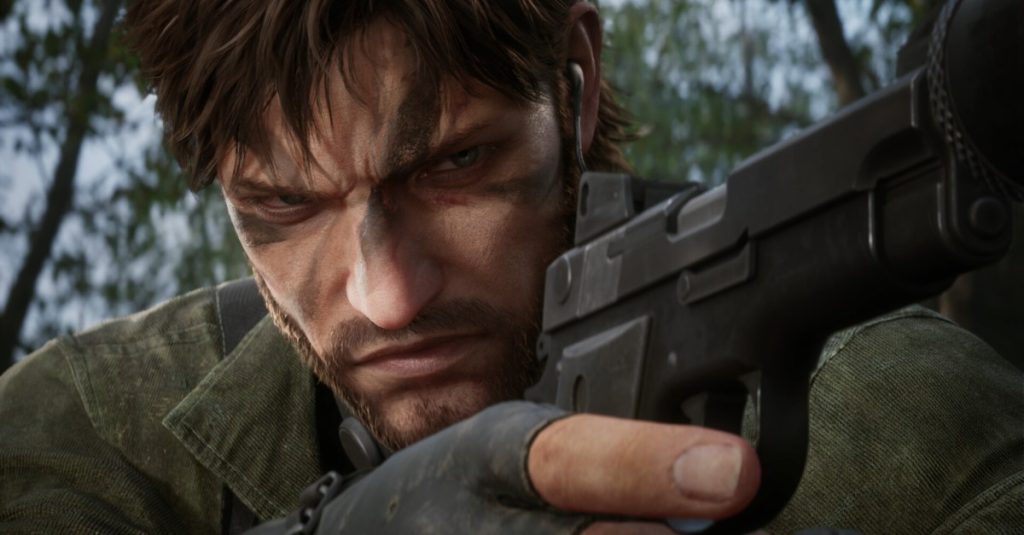Introduction to Metal Gear Solid Delta: Snake Eater
Metal Gear Solid Delta: Snake Eater initially felt tailor-made for me. Having enjoyed almost every title in the Metal Gear Solid franchise, I hold a special affection for the original MGS. These unique, third-person stealth action games are filled with eccentric characters and memorable scenarios, blending intricate political intrigue with outrageous action. The only game I haven’t experienced is Metal Gear Solid 3: Snake Eater.
Remake Overview
Delta serves as a modern remake of MGS3, utilizing the original levels, cutscenes, dialogue, and performances, appealing to fans of past games. Unfortunately, after several hours of gameplay, Delta often left me feeling frustrated. You take on the role of a less experienced version of Naked Snake, who seems ill-prepared for the challenges ahead. While this narrative choice makes sense, it often felt like I was playing with a significant handicap, compounded by a lack of nostalgic comfort.
Visuals vs. Structure
Even with its stunning visuals, the game doesn’t represent a complete overhaul like recent remakes such as Resident Evil 4 or Silent Hill 2. This remake closely resembles the original Snake Eater, which means some outdated elements persist. For example, missing crucial equipment and the inconsistent mechanics of melee combat detracted from the experience, leaving me puzzled about healing mechanics and frustrated with certain gameplay inconsistencies.
Gameplay Experience
The game structure itself contributes to a sense of antiquity. Frequent loading screens reveal the limited size of levels, making it feel less like traversing a lush jungle and more like hopping from stage to stage. Although this reflects the format of the original, the tiny areas seem incongruent with the updated graphics.
Combat and Learning Curve
I generally embrace the trial-and-error nature of gaming, especially with fast loading times (thanks to the PS5’s SSD), but I consistently felt underprepared in Delta. The early stages forced me to replay levels due to unexpected landmines and poorly defined enemy detection, leading to some eye-rolling moments. The conflicting representations of Snake in cutscenes and in actual gameplay also disrupted my immersion.
Controls and Characterization
Controlling Snake is delightful, mirroring the fluidity experienced in Metal Gear Solid V: Phantom Pain. He responds well to commands, making action sequences feel satisfying. Hearing David Hayter reprise his role as Snake enhances this experience, as his voice work strikes a balance between campy action hero and serious protagonist.
Conclusion and Observations
While I eventually expanded Snake’s arsenal and learned to utilize various gadgets effectively, the overall understanding of when and how to use them often eluded me. The story remains an appealingly complex ordeal, reminiscent of past Metal Gear narratives, featuring political machinations and moral reflections on war. However, devoid of nostalgic ties, my perspective leaves me feeling that Delta is a frustrating blend of beautiful visuals and archaic design that sometimes makes me wish I were anywhere else but navigating its jungles.



